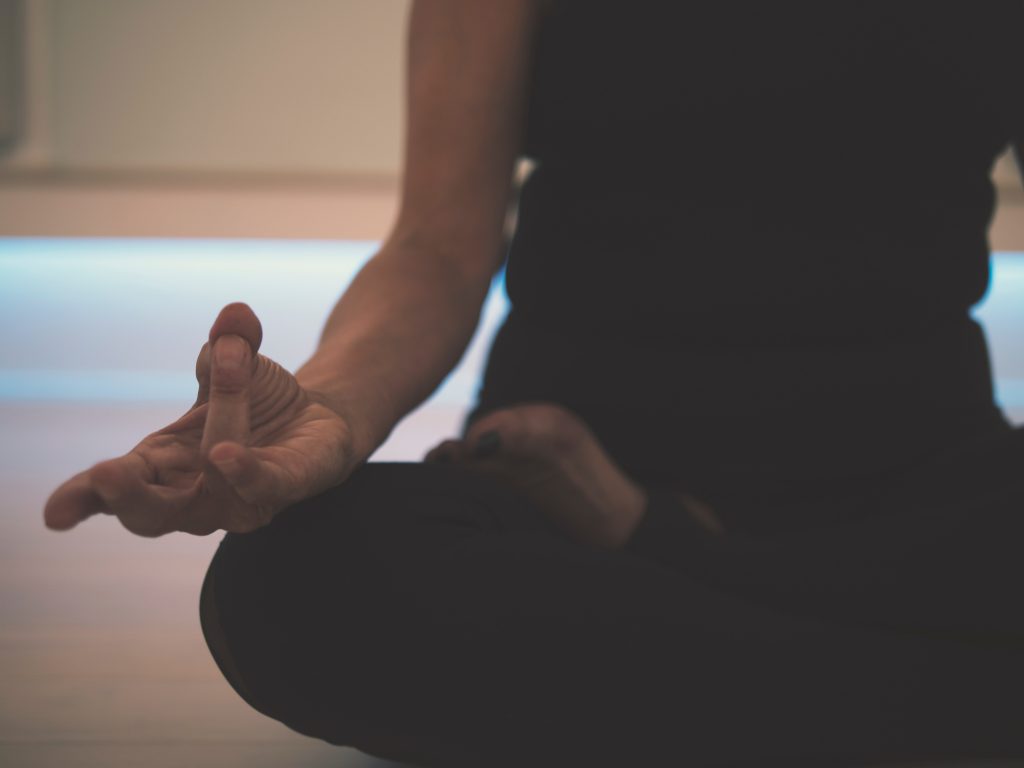Big breath – inhale and exhale.
We are getting more and more information about stress, and its impact on our bodies. More diseases have been discovered to not only come from the food we eat but also our environment. It also seems like being ‘busy’ is the new black. Keeping your schedule full is a trend statement. First I thought this was only for those living in bigger cities, but the ‘trend’ can be found everywhere. I’m totally guilty of this myself. As the ambition and driven person that I am, the life I lived in London was quite full on. I had multiple jobs, studies, events to attend, I was attending webinars, catching up with people, training and visiting new food places. If you wanted to catch up with me, we would most likely have to schedule something in a few weeks beforehand. Silly, I know! Ask yourself, how often do you meet up with a friend spontaneously?
How and when did we start getting so stressed out? Humans are living longer than ever before, but yet, we are acting like there may be no tomorrow. We are so focused about the future, the next step or event, that we are forgetting to live in the moment. If you think back about what you had for breakfast last Thursday, you probably have to think twice before answering. Could it be because you were disconnected to the meal by checking your phone instead? Or maybe you grabbed something to eat on the go while rushing to work to save time.
What effect does stress actually have on your body? Even if we humans have come a long way in our development, there are still plenty of instinctual, primal mechanisms in our body. One of these things is your fight or flight mode. When you get stressed this response will be turned on. Most of us today are constantly walking with this survival function turned on. You may know the difference between being chased by a tiger and your boss giving you too much work but does your body see it differently? Stress is stress. It has the same biological effects regardless of what it may be. Think to yourself, what is currently stressing you out or turning on this trigger in your body?
- Work load
- Toxic or energy stealing friends/family
- Home environment
- Love life
- Financial situation
- Type of training you’re doing
- Sleeping routine
- Food & drinks consuming
- Commuting to work
When you realise you are in a stressful situation, what do you do to calm yourself down? Most of us don’t do anything. We just brush it off and relying on our bodies to sort it out. Or maybe you haven’t even realised that you are stressed.
Close your eyes and tune in to your body.
How deep is your breathing? A faster and more shallow way of breathing is one big sign that you are likely a bit stressed out. Also, the quality of your sleep, the way you eat, weight gain/loss, attention span, memory and energy levels are other areas where you can get hints on how stressed out your body is.
You might be able to think about some areas in your life that stress you out, but have you thought about the things you’re consuming? Certain food and drinks can also stress your body out such as alcohol, excessive amounts of sugar, chemicals and preservatives, caffeine, overeating and over consuming anything that’s hard to digest. Your liver is responsible for dealing with detoxifying your body. Located just above you liver is your adrenal cortex, aka your stress hormone. Imagine what effect an overworked liver has on its neighbour!
Keeping your body in a fight or flight mood is not ideal for your body. When this function is switched on, other functions in your body slow down or even turn off. If your body thinks it has to be ready to fight or flight, literally, it will put all its focus on that and other areas such as digestion, remembering information, absorbing food, detoxify the body, rest etc. are no longer a priority.
Stress has also been linked to some diseases. For example, under
How can you de-stress your body? There are certain things you may not be in control over in your life. If you’re in a job which is very stressful but you love doing it then changing jobs may not be an option. Or maybe you’re living in a big city where the pace is always fast but you don’t want to move then that’s okay too. However, there are small things you can change or add to your everyday routine to calm your body down and regain the balance.

10 ways to de-stressing
- Breathe. Slow down and take 3 big breaths. Inhale from your nose and exhale from your mouth. Try to do this a few times each day. If you have time for 10 big breaths, that’s even better!
- Disconnect. Turn off your phone, tv, radio, computer and just be where you currently are. Try to do this a couple of hours before bedtime and wait to reconnect until you have fully woken up in the morning.
- Meditation. This trend keeps rising for all the right reasons. Learning how to be present and switch off your mind is essential for de-stressing your body. Even yoga helps you with this practice.
- Clear up your space. In feng
shui they believe a cluttered space, is a cluttered mind. Have a look at your home and work environment, and see what changes you could make to create more peace around you. - Fresh air. Nature has only great benefits to
you mind, body and soul. Being outdoors is an easy way of calming yourself down. Go for a hike, a walk, visit a park, explore a forest or just sit by the ocean. - Self-care. Treat your body with the love it truly
deserve . Take your time to stretch a bit longer after a training session, spend an evening with face mask and oil, take a bath, and enjoy a massage or spa day. - Scents. Essential oils
is made for bringing your mind and body to a different stage. Lavender, balance, rose,ylang yland and bergamot are great for calming you down. - Sunlight. The sun has such
massive impact on your health so go outside and let your skin soak up some vitamin D. - Change of scenery. If you’re stuck in the same routine, week after week then a holiday may be what you need. It doesn’t have to be 2 weeks in Thailand, it could simply be a weekend away somewhere closer or maybe even a day trip driving to the next town.
- Think holistic. This may be the most challenging point, but it’s also the most important. Look
in to all areas in your life and see what may be out of balance. Write a list of these areas and what you can do to retain the balance. Write action steps and changes you can implement in these areas and step by step, work through your list.
Always remember, if you need help, I’m right here for you.
